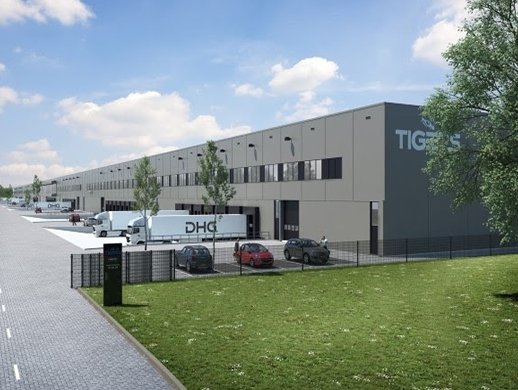
Tigers taps demand for e-commerce with new Rotterdam mega hub
Oct 22, 2019: Logistics company Tigers is set to open new facility in Rotterdam, the Netherlands. The mega hub is currently under construction and is scheduled to be opened in April 2020. According to the Hong-Kong based company, the new multi-million-euro hub will help the firm to meet the growing global customer demand and also […]

Oct 22, 2019: Logistics company Tigers is set to open new facility in Rotterdam, the Netherlands.
The mega hub is currently under construction and is scheduled to be opened in April 2020.
According to the Hong-Kong based company, the new multi-million-euro hub will help the firm to meet the growing global customer demand and also help to capture the growth in the e-commerce sector.
“E-commerce has also been a huge factor in this development with 70 percent of orders processed in Rotterdam related to the e-commerce sector, which is set for even further future growth,” said Shahar Ayash, managing director – UK and Europe, Tigers.
This advanced omnichannel fulfilment centre is being built with solar panels on the roof to create a sustainable structure and will be equipped with Tigers’ cloud-based SmartHub:Connect technology.
The hub will be Tigers’ biggest single operation in Europe, added the company.
The new mega hub will replace Tigers’ existing Rotterdam facility and will be more than 550,000 sqf, have 60,000 pallet positions, and 550,000 bin locations.
Tigers South Africa opens e-commerce centre to support growth
“The new facility will be just 10 kilometres from the Port of Rotterdam with close proximity to major road and rail networks, making it strategically located for both first and final mile,” said Ryan Balic, regional director Sales, Europe, Tigers.
Tigers USA opens new facility in Miami to meet growing e-commerce demand
“The mega hub will allow our customers to accommodate organic growth and benefit from state-of-the-art facilities, including enhanced security features, multiple storage and picking processes, dedicated B2C returns and VAS processing areas, and an increased number of conveyor scan-pack stations.”

